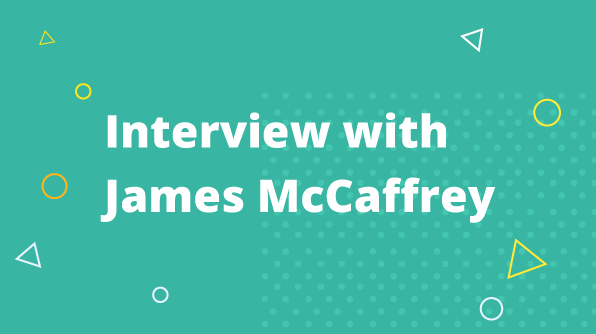The following is a short interview with Succinctly series author James McCaffrey, whose latest e-book, Bing Maps V8 Succinctly was published last week. You can download the e-book here.
1. What should people know about Bing Maps? Why is it important?
Everyone knows that massive amounts of data are being collected. Much of this data is geolocation information from mobile devices and IoT sensors. The ability to display such data, transforming it from raw data into usable information, is becoming increasingly important, and that’s where the Bing Maps library, version 8, comes in.
2. When did you first become interested in this subject?
I’ve been interested in the Bing Maps library, and geolocation data in general, for quite a few years. One of the first projects I worked on at Microsoft Research was the prediction of automobile traffic patterns–about six years ago.
3. By writing this e-book, did you learn anything new yourself?
Everyone knows that when you explain something to someone else or, in the case of authors, even when you write a book about a topic you know very well, you learn a ton. For me, I learned quite a bit about choropleth maps (different shades of colors to indicate a statistic such as population density) and the new Bing Maps 8 heat map functionality.
4. How will this subject change over the next few years?
I work with some of the world’s leading researchers in geolocation analysis and visualization, and they tell me the field is changing. The biggest changes will be the infusion of machine learning prediction models into geolocation systems. We’re seeing the beginning of this with automobile systems that can alert you to traffic problems in real-time.
5. Do you see Bing Maps as part of a larger trend in software development?
Bing Maps is definitely a part of the bigger picture that involves the growth and integration of Big Data, plus improved machine learning algorithms, plus increased processing power (currently via GPUs, but in the not-too-distant future, via quantum computing).
6. What other books or resources on Bing Maps do you recommend?
One of my favorite resources for mapping technologies is Leaflet.js Succinctly by Matt Lewin. It details an open-source alternative mapping technology and is a great companion to Bing Maps V8 Succinctly. See https://www.syncfusion.com/ebooks/leafletjs.
